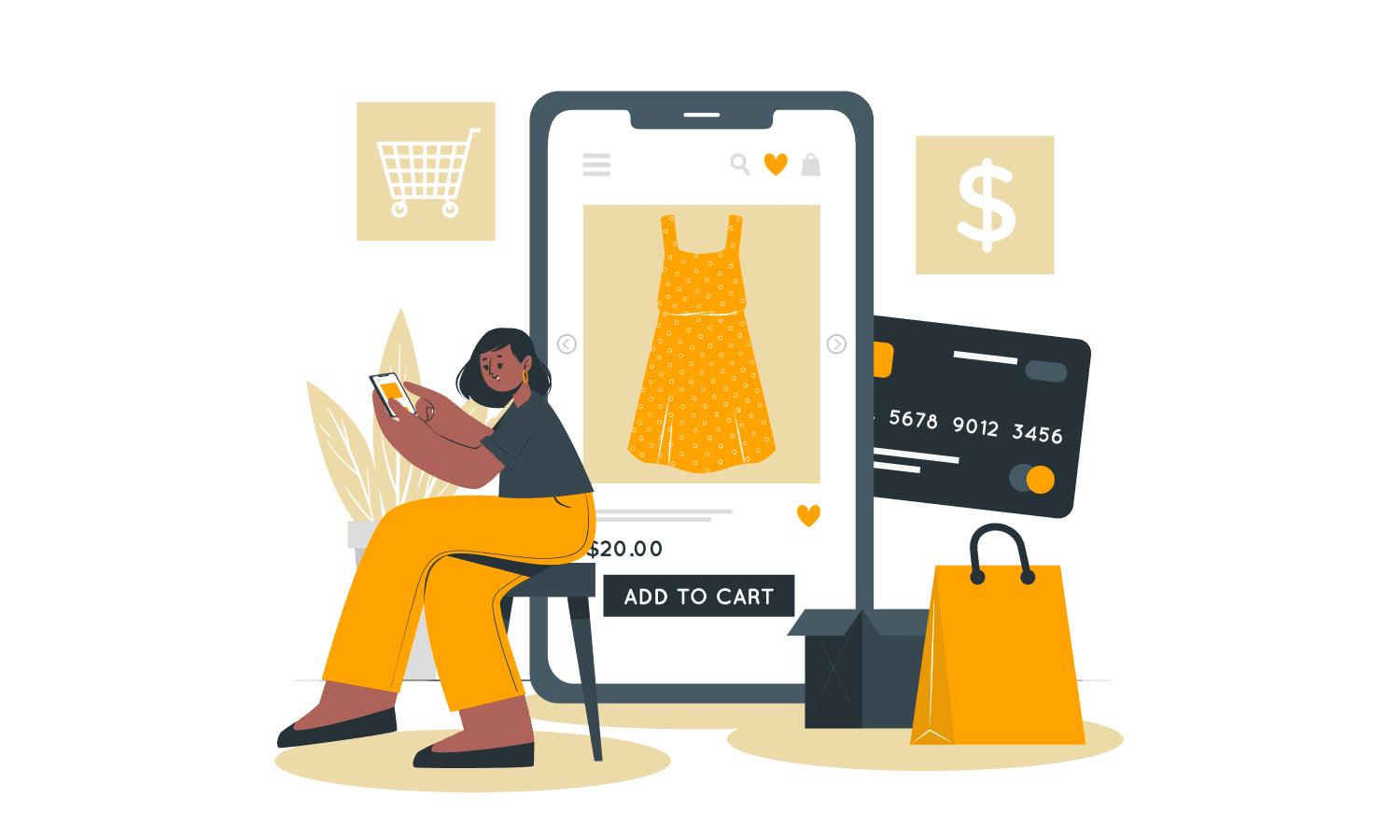For decades, search engines have been the primary gateway to the internet. Google, Bing, and their counterparts have shaped how people access information, offering lists of links that lead users toward answers. But the rise of AI-powered chatbots is challenging this model, providing direct, conversational responses instead of search results that require further digging.
According to a recent Adobe report, AI search referrals surged by 1,300 percent during the 2024 holiday season compared to the previous year. The study, which analyzed over a trillion visits to U.S. retail sites, found that users directed to websites through AI searches were more engaged. They stayed on pages 8 percent longer, browsed 12 percent more, and were 23 percent less likely to leave immediately. These numbers suggest that AI chatbots may not only be an alternative to search engines but could even be better at guiding users to relevant information.
Expanding the Role of AI Chatbots
The way people interact with search has changed. AI chatbots are no longer just used for quick factual queries; they are now serving as research assistants, shopping advisors, and travel planners. Adobe’s survey of 5,000 consumers found that 55 percent use AI search for general research, 47 percent rely on it for recommendations, and 39 percent turn to AI for shopping assistance.
Retail is one of the biggest areas seeing AI-driven change. Instead of scanning through multiple product pages, users can ask an AI chatbot for the best-reviewed laptops under $1,000 or the top-rated running shoes for marathon training. The chatbot aggregates and refines information, offering suggestions tailored to the user’s needs. This streamlined approach eliminates the guesswork of traditional search, where results often require multiple clicks and comparisons.
Digital agencies are increasingly providing a chatbot development service, where they develop virtual assistants to meet the unique needs of the clients niche. For instance, Ronins build chatbots for various use cases including sales, customer support, internal tools, eCommerce and multilingual applications.
Beyond shopping, AI chatbots are proving useful in industries like travel and finance. The Adobe report highlighted that traffic from AI referrals to travel websites increased by 1,700 percent between July 2024 and February 2025.
Travelers are using AI to plan itineraries, find local dining recommendations, and compare transportation options. Likewise, visits to banking websites via AI search grew by 1,200 percent in the same period, with users seeking advice on budgeting, investments, and tax planning. AI’s ability to provide instant, customized responses is making it a go-to resource for these types of inquiries.
Image source: CharpstAR
The Appeal of an Ad-Free Experience
One of the biggest reasons users are shifting toward AI search is the absence of ads. Traditional search engines, particularly Google, generate revenue through paid search advertisements that often dominate the first results page. This has led to a growing frustration among users who feel that organic results are being buried beneath sponsored content.
AI chatbots, particularly OpenAI’s ChatGPT, operate differently. Instead of displaying an ad-supported results page, AI tools generate responses based on aggregated information, free from promotional influence. While some AI search tools, such as Google’s Gemini and Perplexity, have begun integrating ads into responses, the lack of advertising remains a key reason why consumers prefer AI-driven search experiences.
For now, AI chatbot searches are still a fraction of overall web traffic compared to traditional search engines. However, their rapid growth suggests that a fundamental shift is underway. Users are seeking out tools that provide clear, efficient, and ad-free answers—signaling that the dominance of traditional search engines may not be as secure as it once was.
What Lies Ahead
The rise of AI chatbots as a primary search tool raises questions about the future of online information discovery. If AI continues to gain traction, traditional search engines may need to rethink their business models, particularly their reliance on ad revenue. Meanwhile, companies and content creators will need to adapt to ensure their information remains visible and relevant in a chatbot-driven search landscape.
As AI search continues to evolve, the battle between chatbots and search engines will likely intensify. The outcome will shape not just how people find information but also how businesses reach their audiences in an increasingly AI-driven world.

